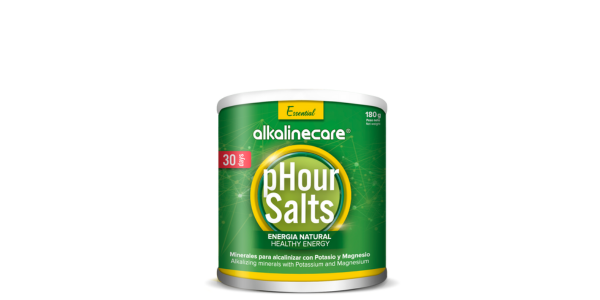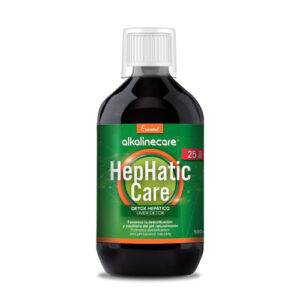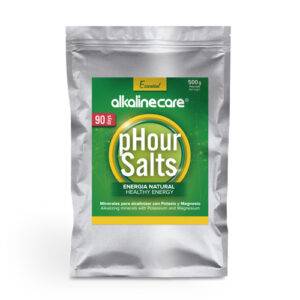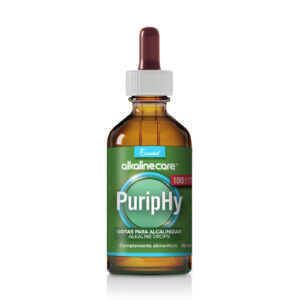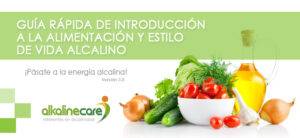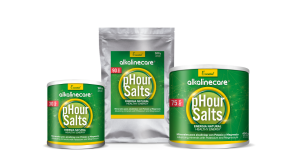Why does it often make more sense to administer the appropriate precursor rather than the final product? In other words, to supply the body with the raw materials it needs to produce what it requires. The chlorophyll molecule is a precursor to glutathione. In this article, we explain the benefits of providing precursors for your health, specifically those derived from chlorophyll. Advantages of providing precursors for Your health.
Advantages of Providing Precursors for Your Health
Besides chlorophyll, there are countless precursors such as metabolic, collagen, and testosterone precursors, among others. Precursor molecules are those whose chemical transformation results in the creation of different molecules. Another example is vitamin A, whose precursor molecules are carotenoids. There are also metabolic precursors, which are physiologically inactive substances that can be converted into active enzymes.
Therefore, a chemical precursor is an essential substance used to produce another through the chemical compounds that constitute the initial stage of a chemical process, acting as a substrate in subsequent stages.
In biology, a precursor is the initiator or forerunner of something that will be created or synthesized later in the human body.
Another example would be amino acids, vitamin C, silicon, and MSM, which are precursors that stimulate collagen synthesis.
With the right precursors, we provide the body with the necessary resources to produce what it needs for optimal functioning.

So, Is It Better to Offer Precursors or the Substance Itself? The key lies in absorption and the ability to assimilate nutrients. For this, it is important that the body remains clean and free of inflammation, and that filters like the liver, kidneys, intestines, and colon are functioning well. In the article “The 3 Phases of Liver Detox,” we explain the important role of the liver and how we can detoxify it. When the liver functions well, the digestive system improves significantly, and consequently, nutrient absorption also improves.
And in the case of glutathione, would it be better to take it directly or provide precursors? Remember that glutathione is a powerful antioxidant that is produced in the liver. If we follow an alkaline diet rich in minerals, chlorophyll, enzymes, vitamins, and antioxidants, the liver will be able to properly synthesize glutathione. With an acidic diet, the opposite would happen, and glutathione synthesis would be affected.
Chlorophyll and its precursors
Chlorophyll Mint plays a crucial dual role. On one hand, it promotes glutathione synthesis due to its content of diterpenes and phytol (a precursor of vitamin A). Natural diterpenes are anti-inflammatory, antimicrobial, and antispasmodic. On the other hand, chlorophyll helps improve liver and bile function due to its detoxifying and purifying properties. Being highly alkalizing, it increases oxygen absorption and its subsequent distribution throughout the body.
Conditions for Providing Precursors
It is always preferable to provide precursors since the body is designed for this. However, to do so, it is essential to:
- Follow an alkaline diet rich in minerals, vitamins, enzymes, and antioxidants.
- Maintain good hydration with alkaline water for proper organic function.
- Cleanse the liver; try HepHatic Care, blood, and colon several times a year.
- Include alkaline minerals and regularly take liquid chlorophyll. To increase endogenous glutathione production, it is recommended to take 30 to 40 drops of chlorophyll daily, diluted in plenty of water.
- Take dietary supplements if necessary to improve nutritional intake according to the specific goal in each case.
